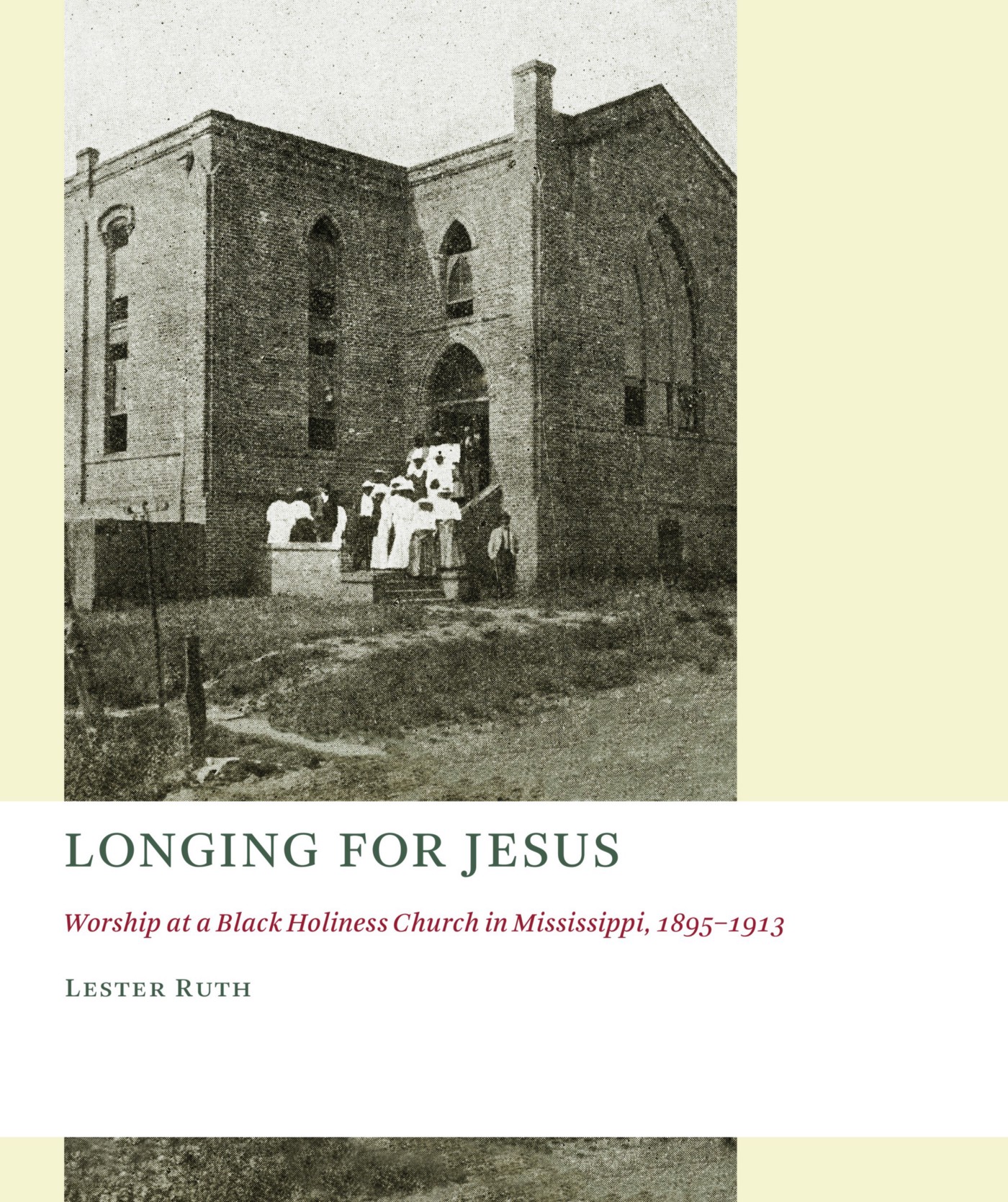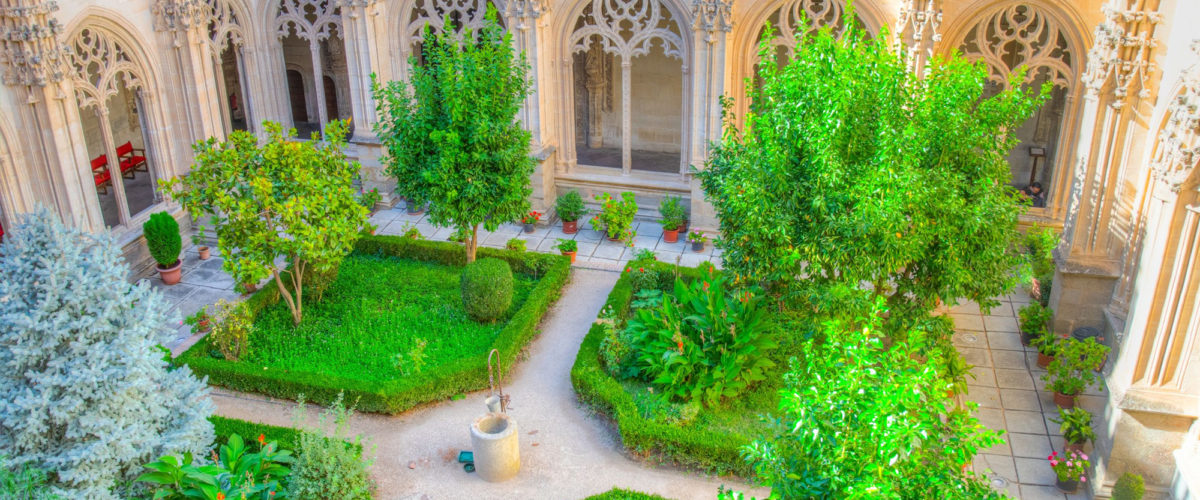Eucharistic Presence For a Church in Exile
This article originally appeared on July 24, 2020 at Worship Overflow and reflects my desires at the time for churches entering into the Covid-19 pandemic.
Little did the Church know at the beginning of March 2020, the opportunity that was about to present itself to us. Many of us have lived our entire lives attending church services multiple times per week without any disruption. Our worship gatherings included a combination of greetings, songs, prayers, Scripture readings, sermons, and announcements, with the occasional baptism or communion thrown in monthly or quarterly. We were able to hear live bands and large crowds singing and dancing with professional lighting and sound systems that created the perfect ambiance. But suddenly, we were left in our living rooms with our laptops.
Over the next two months, the Church became very restless, with virtually everyone longing to get back into full auditoriums again. To my surprise, on May 17th, megachurches around our city began filling up again with thousands of attenders each weekend.
During the Babylonian Exile, the prophets and scribes of Israel began to process their wounds of exile by compiling together the stories and writings of their people that had been handed down through the centuries. The very first pages of Genesis begin by exploring a cosmic temple where God, humanity, and all of nature are present together as one. With the story of Genesis 1-3, they started to process their loss of presence. As the Pentateuch and the Prophets unfolded, they began to particularize the union of presence between God and Creation in the space and architecture of the tabernacle and the temple. The tabernacle included a table of the bread of presence. The temple provided the space where the bodies of animals and plants were broken as sacrifices for atonement. These sacred spaces were the particular places where the redemption of the whole was remembered and hoped for.
Not only did Israel emphasize sacred spaces, but they also emphasized sacred practices. One such practice was the observance of the Passover. The Passover meal was practiced as an opportunity to remember the stories of God delivering them from Egypt and a hope for how God would one day give them the presence that they longed for. Their worship was an embodiment of remembering, anticipating, and celebrating the active presence of God with them.
In the New Testament, Jesus and Paul introduce us to what has come to be known as the Eucharist. 1 Corinthians 10:14-17 say, “Therefore, my dear friends, flee from the worship of idols. I speak as to sensible people; judge for yourselves what I say. The cup of blessing that we bless, is it not a sharing in the blood of Christ? The bread that we break, is it not a sharing in the body of Christ? Because there is one bread, we who are many are one body, for we all partake of the one bread.”
Like the spaces and practices of the people of Israel recorded in the Hebrew Bible, the Eucharist also provides a space and practice for us today to remember, anticipate, and celebrate the active presence of God with us. Like the Israelites, we come together for a meal. The togetherness of this meal reminds us that our communion is corporate and universal, rather than individualistic and private. This corporate coming together shows us that God’s presence in the Eucharist is a presence that brings union. Of course, God is not more present in the Eucharist than God is elsewhere, as if somehow God’s omnipresence is lessened everywhere else during the Eucharist. Rather, the Eucharist is a particular practice that reveals to us what is true about the presence of God at all times. It focuses our minds, fills our hearts, and postures our body with the particular presence of God that we can experience anywhere. Every square inch of the universe and every past and future moment in time is rich with the self-giving, redemptive presence of God in union with creation. In other words, the Eucharist reveals the ever present reality of the Genesis 1 union to us wherever we are.
As we sit in our homes with our laptops longing for the presence of union once again, the Eucharist calls us beyond idolizing in person worship services and reminds us that God is self-giving redemptive presence with us wherever we are.
As we consider this union in our living rooms at our laptops, let us reflect on the closing words of the Eucharist prayer that unites us across space and time: “Eternal God, heavenly Father, you have graciously accepted us as living members of your Son our Savior Jesus Christ, and you have fed us with spiritual food in the Sacrament of His Body and Blood. Send us now into the world in peace, and grant us strength and courage to love and serve you with gladness and singleness of heart through Christ our Lord. Amen.”










Leave a Reply
Want to join the discussion?Feel free to contribute!